India is gearing up for the mammoth task of conducting the world's largest democratic exercise, the Lok Sabha elections, which will span over 44 days and involve approximately 97 crore voters. The first phase of voting commences on Friday, with polling set to be conducted in seven phases until June 1, with the results expected to be announced on June 4.
West Bengal is under intense scrutiny as it goes to polls in all seven phases, starting with three constituencies - Cooch Behar, Jalpaiguri, and Alipurduar. In the previous Lok Sabha elections of 2019, Trinamool Congress won 22 seats, BJP secured 18, while Congress managed to secure 2 seats in the state.
In Cooch Behar, Jalpaiguri, and Alipurduar constituencies, candidates from Trinamool, BJP, and Left Front are vying for victory. The main contest is between Trinamool and BJP, with smaller parties and independent candidates also in the fray. Security measures have been heightened, with a substantial deployment of state and central forces to ensure smooth polling.
Sensitive polling stations have been identified in these constituencies, and the Election Commission is taking necessary precautions to maintain order during the voting process.
In the lead-up to the elections, opinion polls suggest that BJP is likely to emerge victorious in the first phase, maintaining its stronghold in North Bengal. However, Trinamool remains confident, banking on Mamata Banerjee's development agenda to sway voters in their favor.
In a strategic move, Trinamool Congress released its election manifesto, termed 'Didi's Oath', just two days before polling, outlining promises and alternatives to BJP's projects. This counters BJP's campaign, highlighting the significance of manifesto declarations in the election narrative.
As India braces for the electoral showdown, all eyes are on West Bengal, where the battle between Trinamool and BJP will set the tone for the ensuing phases of the Lok Sabha elections.



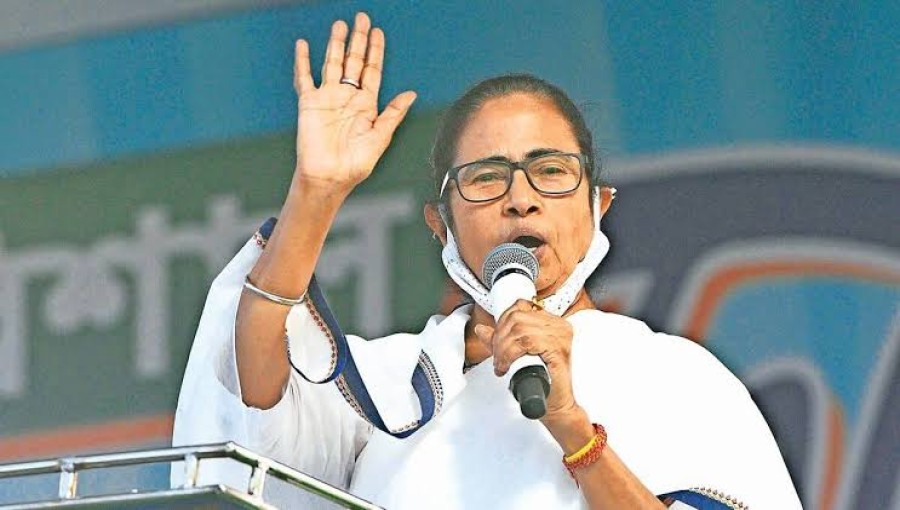

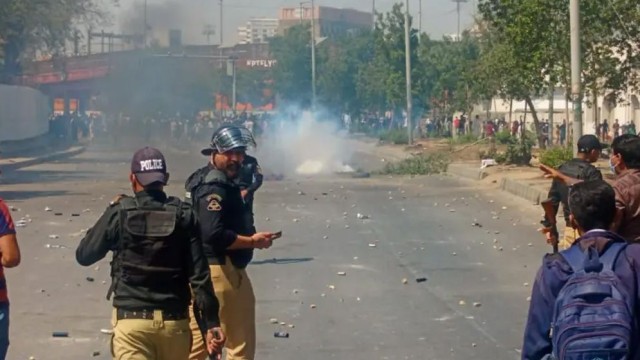
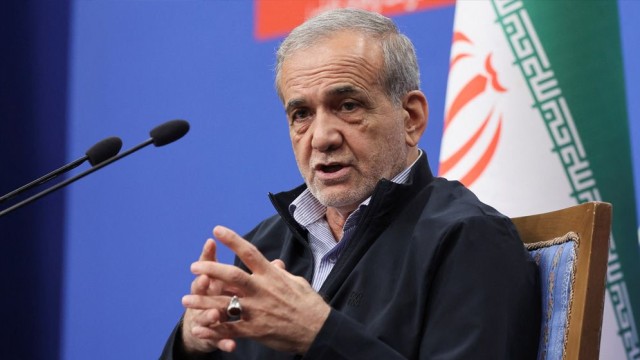
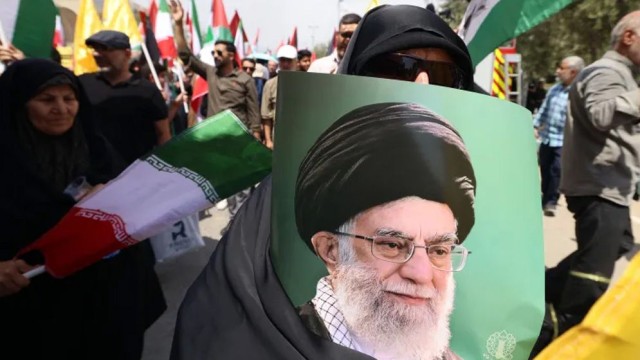
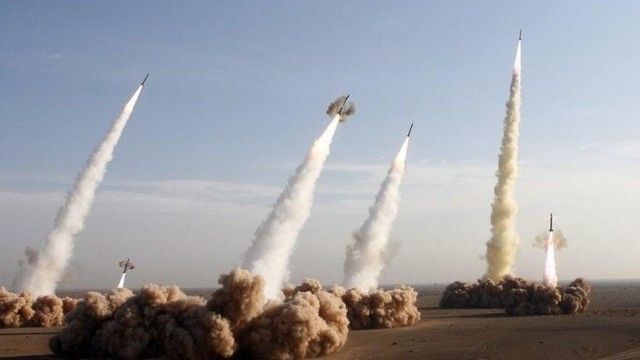
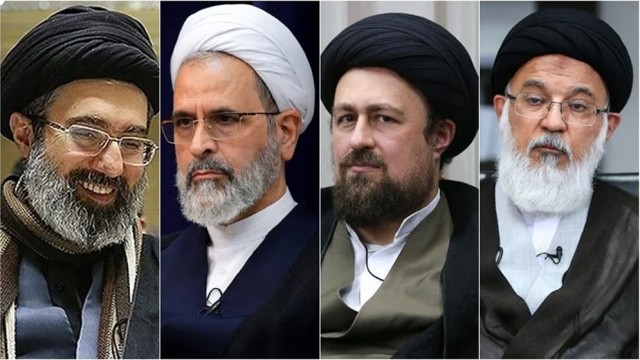

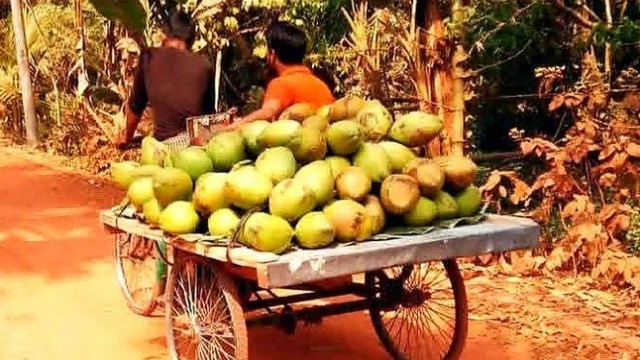
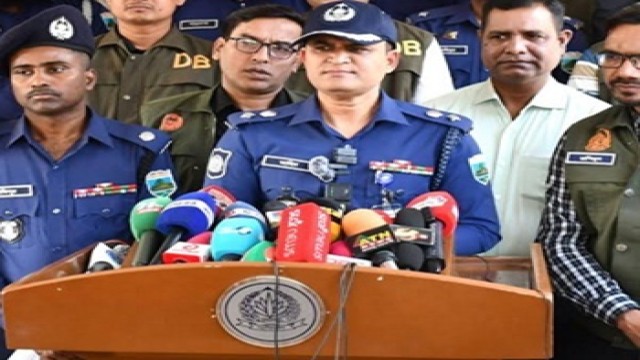
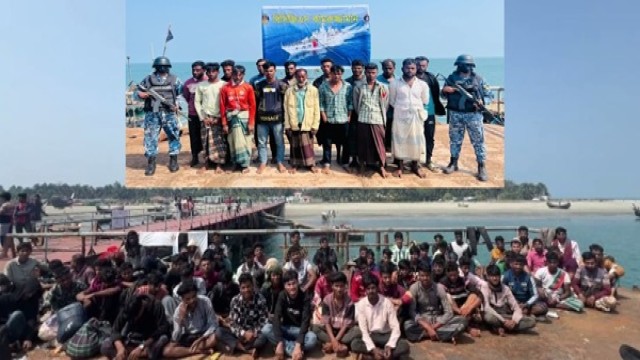
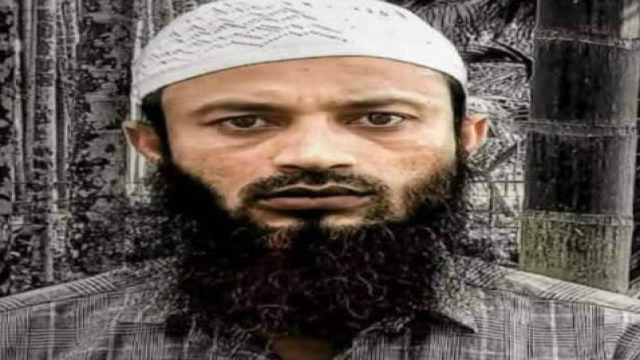
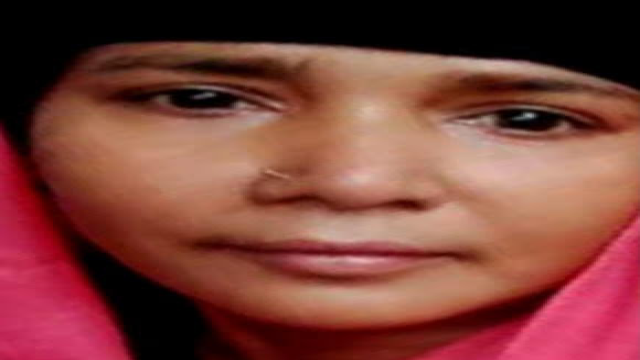



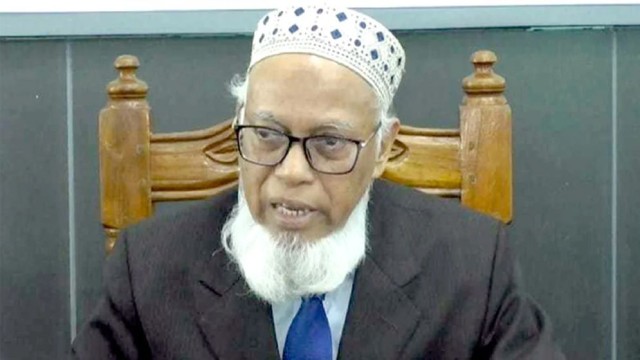










Comment: